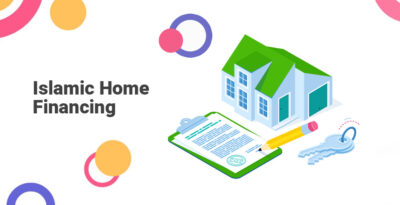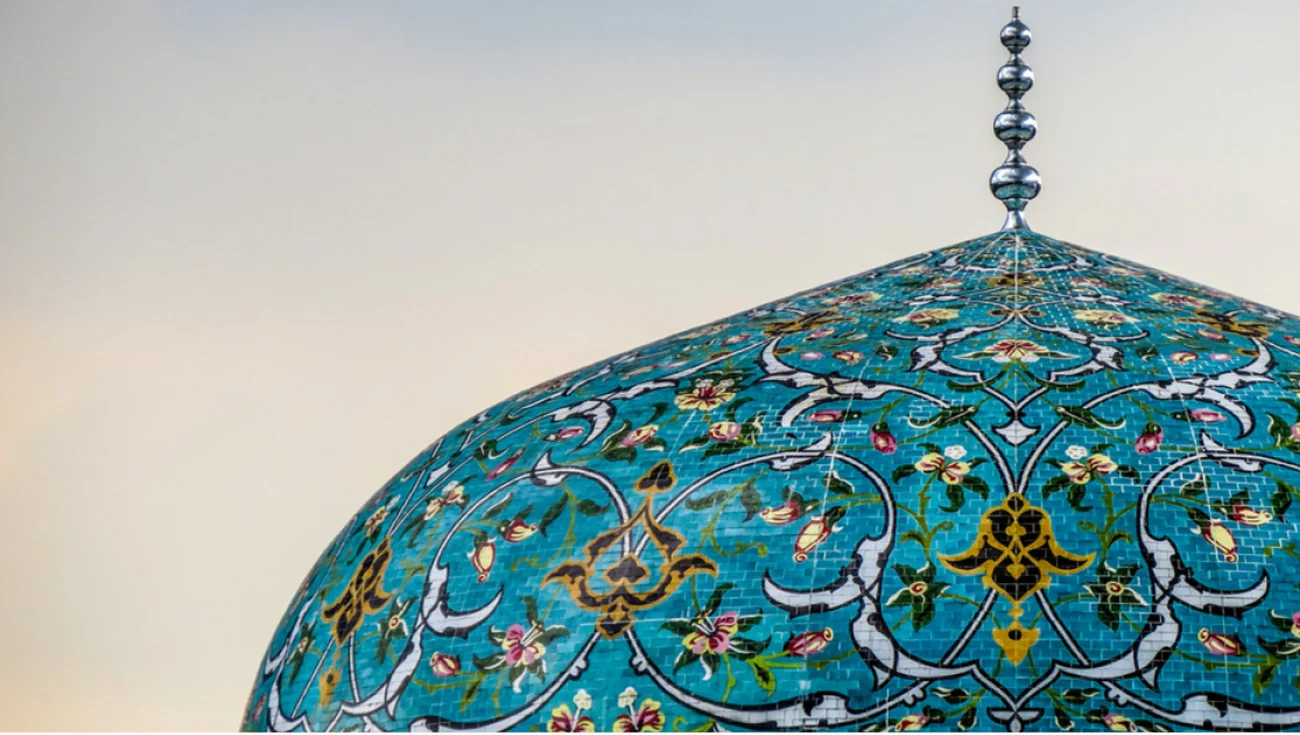
Buying a house on mortgage in islam
Buying a house is a significant milestone for many individuals and families. However, for Muslims, the process involves considering Islamic
Buying a house is a significant milestone for many individuals and families. However, for Muslims, the process involves considering Islamic principles, particularly when it comes to financing through a mortgage. Islam places a strong emphasis on ethical and moral financial practices, which means that traditional interest-bearing mortgages are not permissible.
Majority of people want to to slay away from paying rent and finally own their very own, however, under the current economic hardship, many may find it difficult to purchase their first house without participating in mortgage. Unfortunately, there are many examples of Muslim’s in the western socieity who pick up on mortgage to finance their purchases for a home. A Muslim has to be very cautious against getting involved in any sort of usurious transactions. The Messenger of Allah (peace be upon him) cursed the one who consumes riba (usury) and the one who pays it.
This blog will explore how Muslims can navigate the process of buying a house while adhering to Islamic guidelines.
Islamic finance is governed by Sharia law, which prohibits riba (interest) and emphasizes risk-sharing and ethical investments. Here are some key principles:
To comply with these principles, several alternative mortgage structures have been developed. The most common ones are:
Buying a house on a mortgage in Islam requires careful consideration of Sharia principles. By opting for Islamic mortgage alternatives like Murabaha, Ijarah, or Musharakah, Muslims can achieve homeownership in an ethical and compliant manner. It’s crucial to work with knowledgeable financial institutions and understand all aspects of the agreement to ensure a smooth and compliant home-buying process.
Navigating this path may seem challenging, but with the right guidance and financial products, it’s entirely possible to buy a home that aligns with both your needs and your faith.

Buying a house is a significant milestone for many individuals and families. However, for Muslims, the process involves considering Islamic

As the sacred month of Ramadan approaches in 2024, many of us look forward to this time of reflection, devotion,
